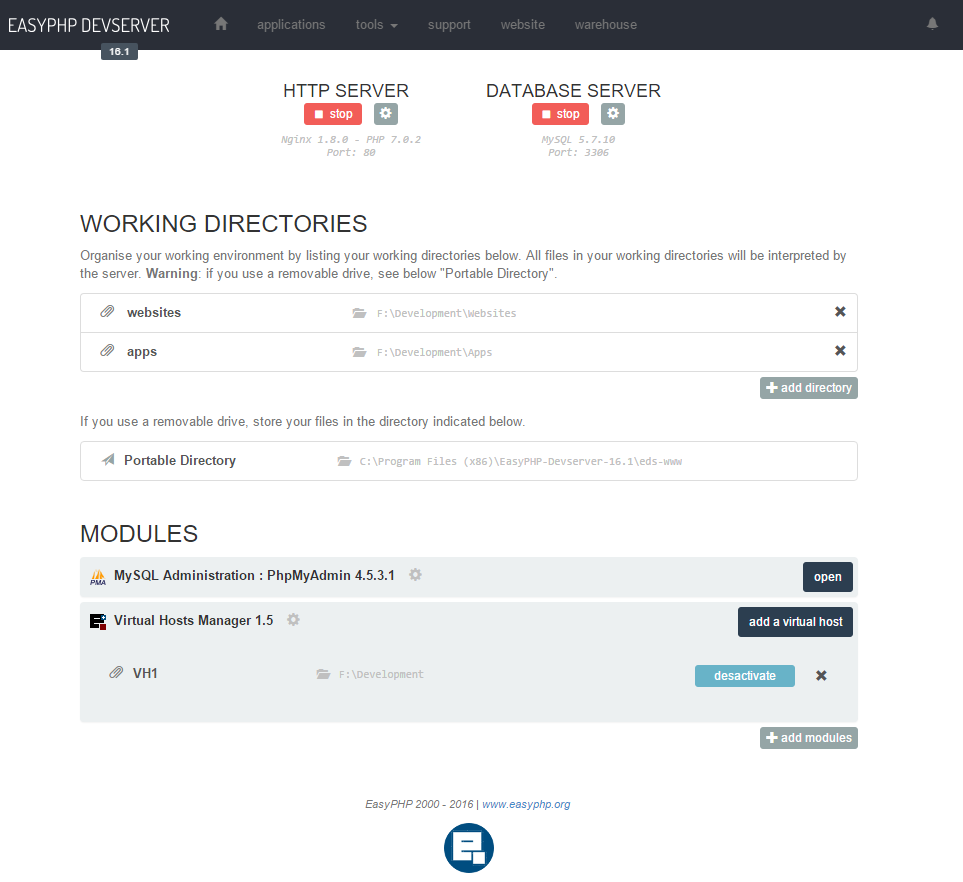
EasyPHP is a popular web development environment that allows users to create and run PHP-based websites and applications on their local computers. However, a recent vulnerability discovered in EasyPHP Webserver version 14.1 could allow attackers to gain full control over the affected system.

The vulnerability, which has been assigned the CVE identifier CVE-2023-3767, is an OS command injection vulnerability. This means that an attacker could exploit the vulnerability to execute arbitrary commands on the affected system by sending a specially crafted HTTP request. This flaw has been discovered by security researcher Rafael Pedrero
“This vulnerability could allow an attacker to get full access to the system by sending a specially crafted exploit to the ‘/index.php?zone=settings parameter’,” reads the security advisory.
If successfully exploited, this vulnerability could allow an attacker to:
- Install malware
- Steal sensitive data
- Disrupt or disable services
- Gain full control over the system
The vendor is unaware of any instances of active exploitation of CVE-2023-3767 in the wild, but it is important to note that this could change at any time. Therefore, users of EasyPHP Webserver version 14.1 are advised to upgrade to the latest version immediately.
The best way to protect yourself from CVE-2023-3767 is to upgrade to the latest version of EasyPHP Webserver. The vendor has released a security patch that addresses the vulnerability. The vendor has not provided mitigation advice or workarounds for this bug.
If you are unable to upgrade to the latest version immediately, there are a few steps you can take to mitigate the risk:
- Use a web application firewall (WAF) to filter out malicious requests.
- Implement input validation to prevent attackers from injecting malicious code into your application.